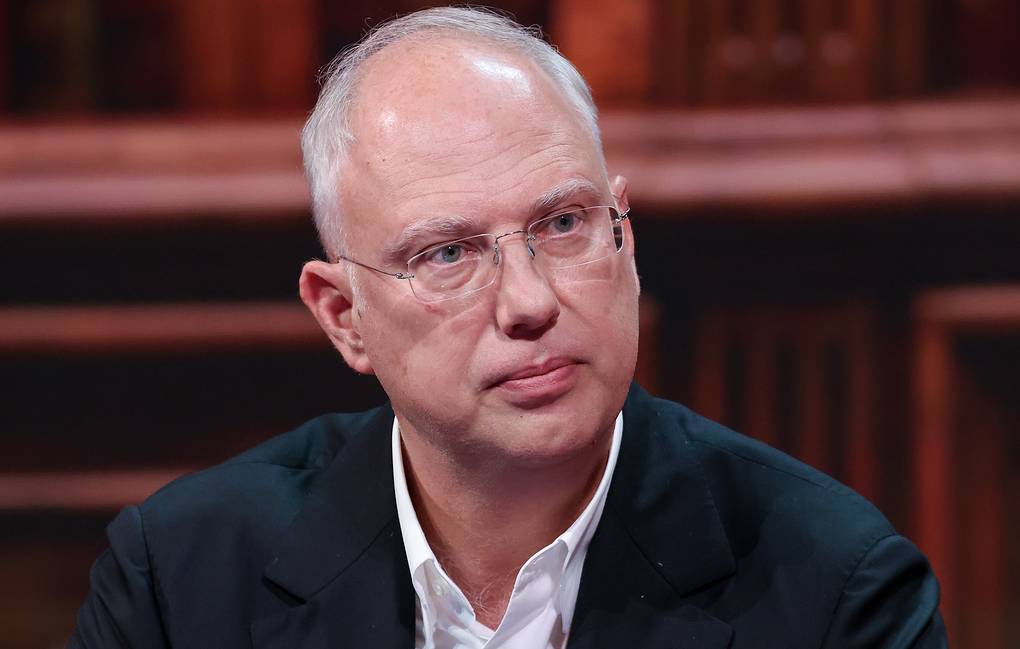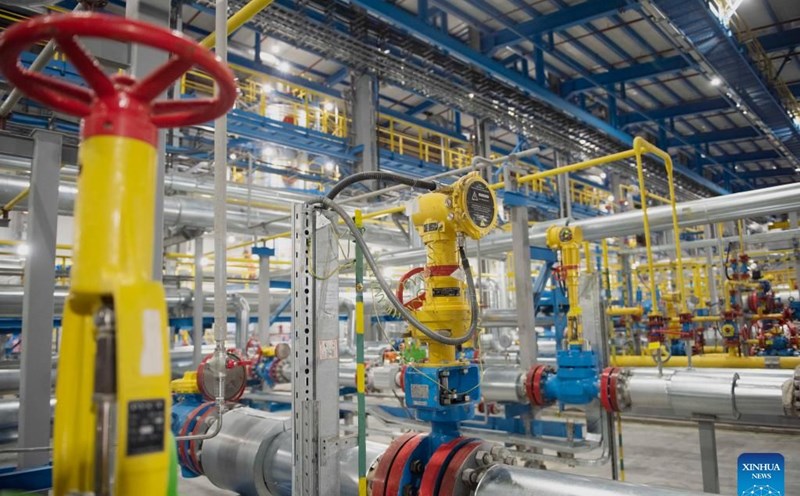The European Union's (EU) sharp cuts to Russian gas imports not only caused energy prices to skyrocket but also cost the regional economy more than 1,000 billion euros, equivalent to about 1,145 billion USD.
The information was announced by Mr. Kirill Dmitriev, Director of the Russian Direct Investment Fund (RDIF), Special Envoy of the Russian President on Investment Cooperation, on the sidelines of the St. Petersburg International Economic Forum. Petersburg (SPIEF) on June 18.
This is a specific figure that shows the serious economic impact that the EU is suffering from cutting off a strategic energy source, Dmitriev said.
He added that the US - the leader in sanctions against Russia - has also lost more than $300 billion due to trade and investment restrictions.
Notably, according to Dmitriev, US President Donald Trump recently publicly acknowledged that the sanctions are harming US businesses, something the Washington administration had not previously acknowledged.

After the Russia-Ukraine conflict broke out in 2022, the European Union (EU) has gradually reduced its dependence on Russian gas, while increasing imports from the US, Norway and liquefied natural gas (LNG) sources. However, high costs and unsynchronized infrastructure have caused energy prices in Europe to increase sharply, negatively affecting production and consumption.
Many large industrial groups in Germany, France, the Netherlands... have to reduce production scale or move factories to countries with lower energy costs. The supply chain was interrupted, inflation increased, and the recovery momentum after the pandemic slowed down.
It is not only Russia that is affected. Europe is also paying a heavy price for its choice, commented an expert at SPIEF.
In the context of the world increasingly shifting to a multipolar model, confrontation-based policies and sanctions may no longer be effective tools. According to analysts, with wrong- timed sanctions, causing losses of more than 1,445 billion USD, the EU and the US may need to look back not only on the gas problem, but also on long-term strategies for energy, international relations and economic security.
The SPIEF Forum 2025, taking place from June 18-21, 2025, is one of Russia's efforts to demonstrate its role in a multipolar world. With the theme "Common values - foundation for growth", the Forum brings together more than 100 countries, many of which are developing to seek cooperation outside the West.
Russia took advantage of the forum to publish figures showing the consequences of the embargo, while affirming that the country's economy is still developing thanks to a shift to Asia and new partners.
We will continue to publish qualitative assessments of the economic impact of sanctions, not only on Russia, but also on countries that impose them, Dmitriev affirmed.











